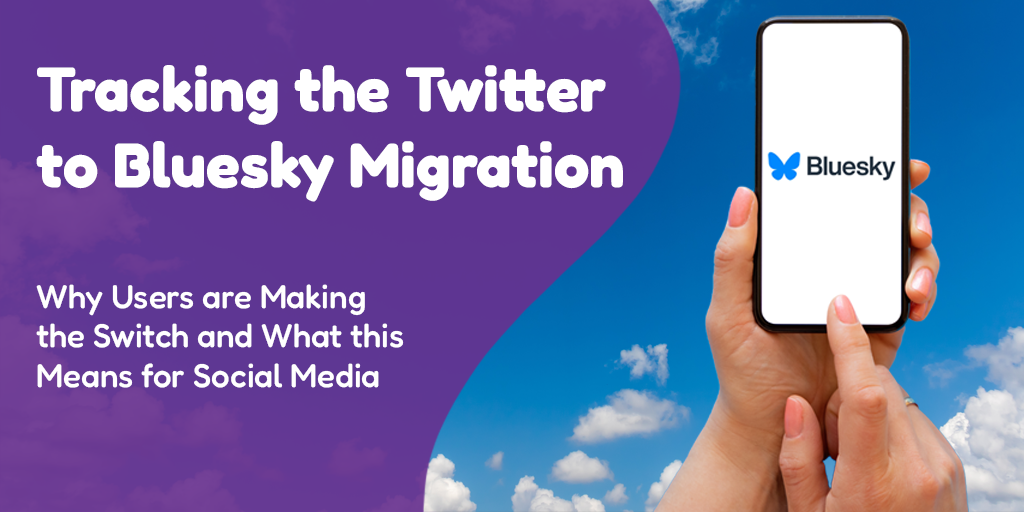 Posted by Aimee Cozza on December 17th, 2019
Posted by Aimee Cozza on December 17th, 2019At hasOptimization, one of our primary services is search engine optimization. It’s a service that many of our clients come to us in need of help with. The thing about search engine optimization, otherwise known as SEO, is that there’s a lot of minute things you have to consider when it comes to “ranking”. Search terms, trends, search location, Google’s algorithm, page responsiveness, mobile first indexing, are just a few things to consider when working on SEO.
Title vs Name
It’s a constant battle between what looks the best and what’s great for SEO. For example, “Castoff Media” might be the name of your company, but it doesn’t say what you do and might not make a very good title. This is why SEOs often have to fight with companies to tell them “Video marketing, photography, & graphic design in Boston, MA” is a better fit and will help them rank better on Google. The business owner always wants their name in there, and the SEO always wants to use that incredibly important pixel-width limit to put as much relevant information as possible. It’s a fine line. Google says neither is bad, but walking that fine line is important.
Unknown Words & Terms
The problem comes when clients decide they want to use terminology for what they do that is outside of the realm of what people search for. Frequently we have clients that want to call their product or service something entirely different from what their typical customer would call their product or service. While it’s great that they want to build a brand around ideas that may differ from their competition, in reality, if we were to use these terms on their site, in their titles, or in their descriptions, we may easily tank their search presence. Content needs to reflect search terms that customers will actually use in order to rank in search results for terms that are valuable, not “vanity terms”.
Shooting Yourself in the Foot
Here’s a good example.
Let’s say we have a client who is a landscaper. The core identity of their brand is that they help make exterior nature spaces prettier. Naturally, we would want to use terms like “landscaper”, or “landscape designer”, or even “garden”. The reasons we would want to use these terms is because they’re highly searched for. The search volume forecasted, on average, for the month of December for “landscaper” is 248,000 searches, “landscape designer” is 80,000, “garden” is 141,000.
The client decides that they don’t like the term “landscaper”. They say that they believe landscaper makes people think of lawn mowers and leaf blowers, and what they do is more complex than that. They explain that they plot out beautiful backyards and front yards for businesses and homeowners to enjoy, and help them purchase appropriate plants for that space, as well as make suggestions for fill and more. They have decided that they believe they want to be called a “garden architect”.
Sounds great, right? We check the search volume and… The term “garden architect” has 29 average searches,globally, per month. That means about one person per day,somewhere on the globe searches for that term. How many people local to this client will be searching for “garden architect”? How many potentially valuable searches will this business miss out on if we use their vanity term rather than something a potential customer will actually search for? Aside from making this term a buzzword or viral (which is a tactic not accessible to small businesses), if we used “garden architect” in lieu of “landscaper” on this client’s site, they are going to receive less search traffic than they would had we optimized for “landscaper”.
Now, if the business’ name was “The Garden Architect”, they may have more of a case, but one does not need to optimize a site heavily for a term that is the name of the business in order to get good search position for that name. We would still want to optimize some of their page content for “landscaper”, “landscape design”, and other high-value, high-search-volume terms.
Business, Brand, Page, & Post Endless Suffering – The Algorithm Can Tell
Did you know that Google crawls page content fully, and, even as of this year, uses specific algorithms and programming to distinguish good content from bad content? Google can spot if you keyword-stuff a page (repeat a keyword excessively in an attempt to rank for it in search). Additionally, Google now takes into consideration the context of words (meaning what other words are around it) when it comes to search terms. That means that Google can determine that when I say “this post has good content” I mean one thing, and when I say “on Tuesdays I am content” I am meaning another, though I am using the same word (“content”).
This makes it much harder to use black-hat SEO tricks to rank well. It also means that you should be using words that are relevant to your business and what you do, and are also words that people will actively be searching for. If I called a Google Beacon a “Google doodley-bob” no one would have ever found our Beacon post, which to this day remains one of our most-trafficked pages via organic search, despite its relatively-old timestamp.

The Takeaway
You may not like common terminology, and some of it may even be downright wrong (let’s face it, sometimes your customers think things should be called something that they just…aren’t), but in the world of SEO, you need to embrace it. Use common terms to bring people onto your site, and then once they’re there, offer them reasons why what you’re doing is better than the search term they were looking for. Build confidence in your potential new customers by ensuring them that while you can do the thing they searched for, you also have other amazing strengths.
Remember to cast a net rather than a line to catch more fish. And remember, we’re always here to help you if you need ideas!




